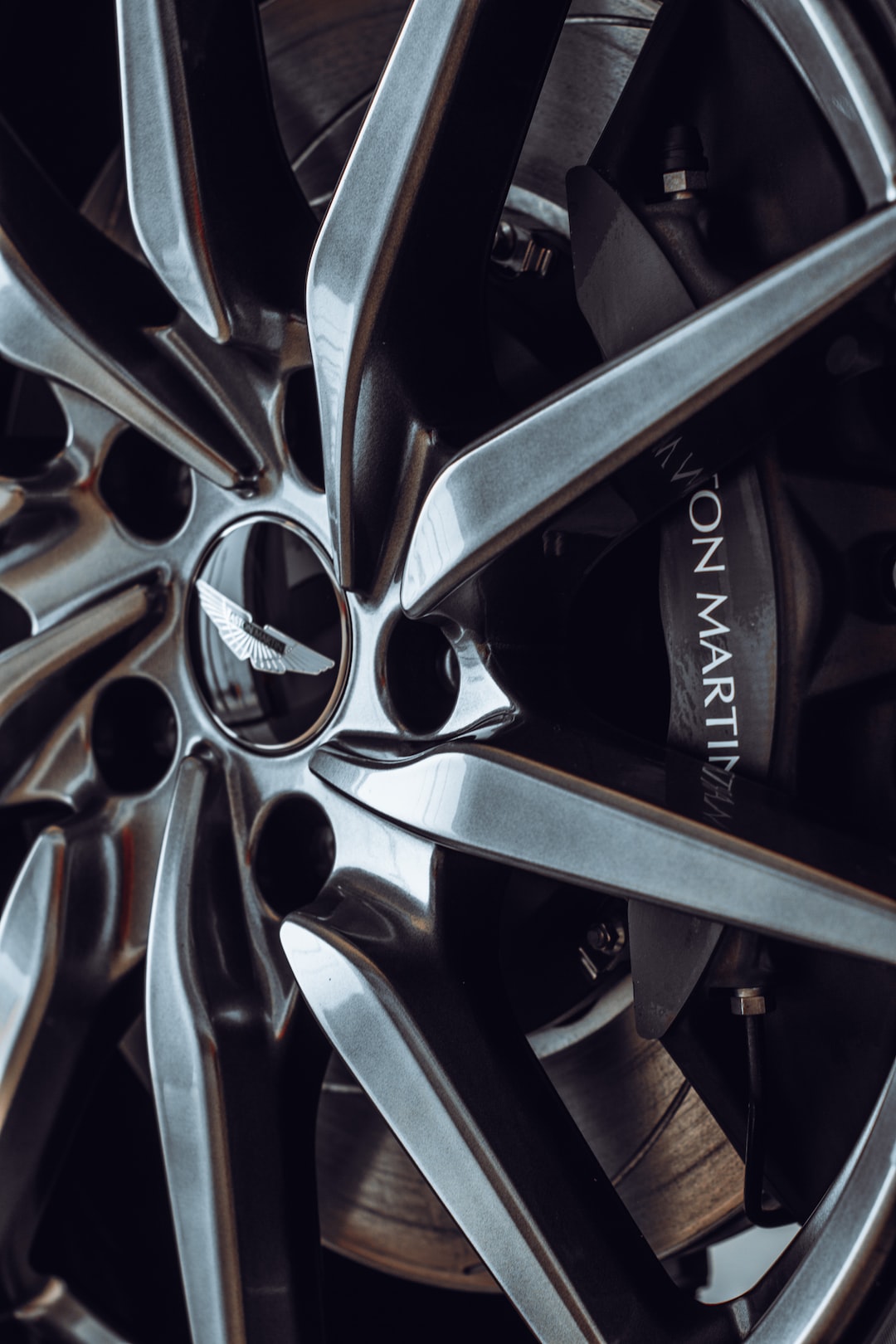How to Save Money on Fuel: Practical Tips for Better Efficiency
With the rising cost of fuel, finding ways to save money on gas has become a top priority for many people. Luckily, there are several practical tips that can help improve your fuel efficiency and save you money in the long run. So, whether you’re driving a gas-guzzling SUV or a fuel-efficient sedan, here are some simple yet effective ways to cut back on your fuel expenses.
1. Plan Your Trips: Before heading out, try to plan your trips and combine multiple errands into one outing. This way, you can avoid unnecessary back and forth trips and reduce your overall fuel consumption.
2. Drive Smarter: Be conscious of your driving habits, as they can have a significant impact on your fuel efficiency. Avoid quick accelerations and sudden brakes, as they require more fuel and put additional strain on your engine. Maintain a steady speed while driving, and use cruise control when possible. By driving smarter, you can reduce your fuel consumption and increase the lifespan of your vehicle.
3. Keep Your Tires in Check: Proper tire maintenance is essential for better fuel efficiency. Regularly check your tire pressure, as underinflated tires can cause increased rolling resistance and decrease your gas mileage. Additionally, ensure your tires are properly aligned and balanced, as misaligned wheels can create drag and reduce overall efficiency.
4. Remove Excess Weight: Carrying unnecessary weight in your vehicle can decrease fuel efficiency. Clean out your trunk and remove any items that aren’t necessary for your trip. The lighter your vehicle, the less energy it needs to accelerate, resulting in improved fuel economy.
5. Use the Right Motor Oil: Opt for high-quality motor oil with the right viscosity recommended by your vehicle’s manufacturer. Using the right motor oil can reduce friction in your engine, leading to better fuel efficiency. Regularly changing your motor oil at recommended intervals is also crucial for optimal vehicle performance.
6. Avoid Idling: Idling for extended periods wastes fuel. If you’re waiting for more than a minute, turn off your engine. Restarting your car uses less fuel than leaving it running idle. Additionally, avoid drive-thru lanes whenever possible and park your car instead.
7. Maintain Your Vehicle: Regular maintenance such as oil changes, air filter replacements, and tune-ups can significantly improve your vehicle’s fuel efficiency. A well-maintained engine runs more smoothly and efficiently, saving you money on fuel costs.
8. Consider Carpooling or Public Transportation: If feasible, carpooling or using public transportation can help reduce your fuel expenses. Sharing a ride with others or using mass transit options not only saves you money but also reduces traffic congestion and contributes to a greener environment.
9. Take Advantage of Technology: Utilize modern technology to your advantage. Many smartphones offer navigation apps and GPS systems that can help you find the most fuel-efficient routes and avoid traffic congestion. Additionally, consider investing in a fuel economy app or device that tracks your driving habits and provides real-time feedback on your fuel consumption.
10. Consider Alternative Fuel Options: Lastly, explore alternative fuel options for your vehicle. Hybrid and electric cars are becoming more affordable and widely available, offering significant fuel savings in the long run. Additionally, some areas have started offering E85 ethanol blends and biodiesel fuel, which can be more cost-effective and eco-friendly alternatives.
In conclusion, saving money on fuel doesn’t have to be a daunting task. By implementing these practical tips, you can improve your fuel efficiency and cut back on your gas expenses. Remember, small changes in your driving habits and regular vehicle maintenance can lead to significant savings over time. So, start implementing these tips today and enjoy the benefits of a more fuel-efficient and cost-effective driving experience.
